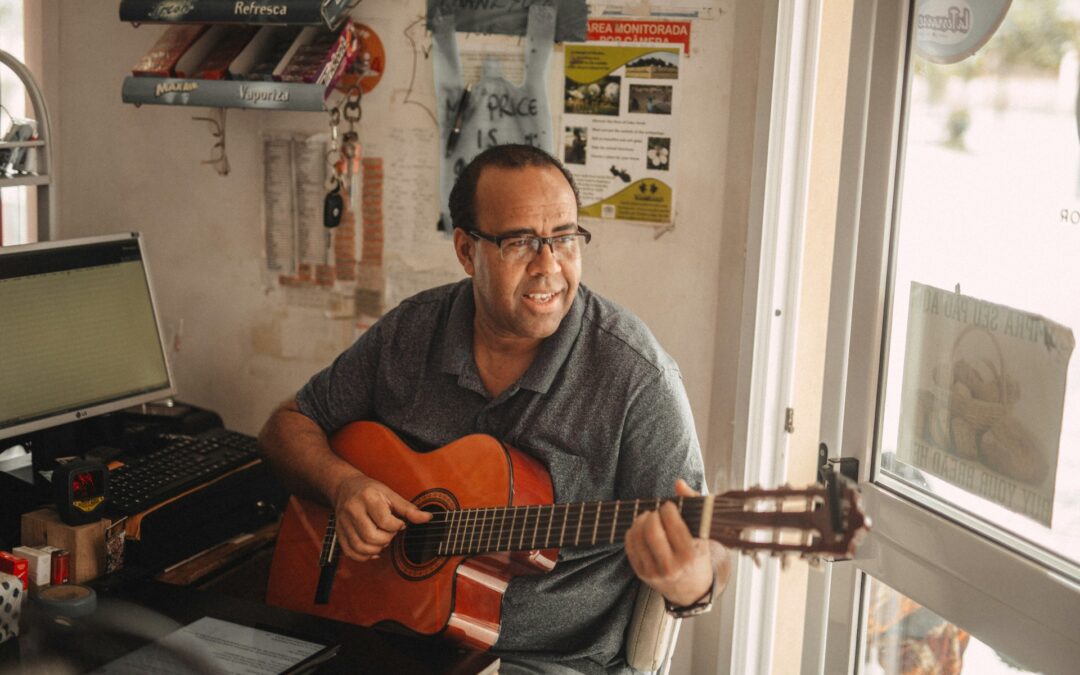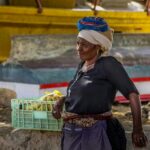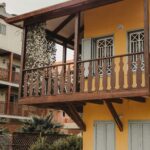Sal, the standout island of Cape Verde, is renowned for its exceptional beaches and exciting nightlife. But, under all that lies a vast array of traditions and rituals deeply ingrained in the island’s history and culture.
The Heartbeat of Morna
Music is an integral part of the Cape Verdean life, like in so many other African countries, and Sal is no exception of this. Morna, a gloomy and soulful genre, keeps the island’s heart beating. Its melodies and heartfelt lyrics mostly tells of tales of love, loss and longings, like a mirror reflecting the island’s vast history and emotions from its people. Gatherings often consist of live morna performances, which result in an intimate and charming atmosphere.
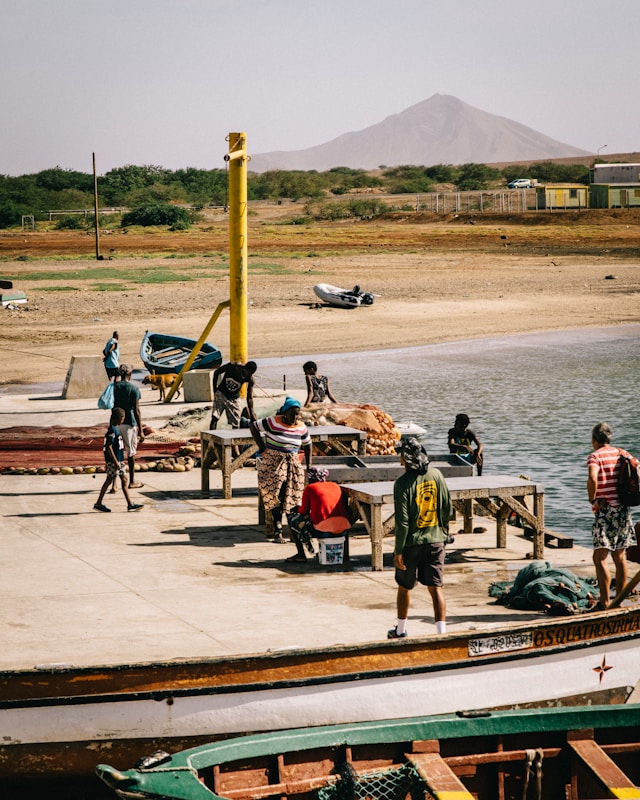
Sal is also keen on exceptionally strong family and community bonds. Extended families often live with each other, sharing tasks and responsibilities. This sense of togetherness creates a supportive environment where traditions and rituals are passed down through their generations. Social gatherings, like parties or get-togethers, are common, giving opportunities for families and friends to connect and reconnect.
Cuisine: Tastes of Sal
Sal’s cuisine is a mix of African, Portuguese and Brazilian influences. Delicacies like fish, seafood, and tropical fruits are the core of the local diet. A slow-cooked traditional stew like Cachupa, which consists of fish, meat and vegetables, is popular among the locals and visitors. Sharing meals is a cherished custom, giving a sense of companionship.
One of the most highly regarded gastronomical & religious festivals on the Sal island is the Festa do Senhor do Bom Jesus. Held annually, this festive celebration namely honors the island’s patron saint. The festivities are remarked by colorful parades, traditional music, and dancing. People come from all corners of the island to gather together to show their devotion and participate in the festive atmosphere.
Harmony with nature
The people of Sal have a deep-rooted respect for nature. The island’sdry climate has molded their lifestyle and adopted a strong connection to the land. Traditional fishing and agriculture are still practiced, but on a smaller scale, reflecting the island’s past. The people have a deep understanding of the ocean’s rhythms and the desert’s resilience, which is also reflected in their daily lives and customs.
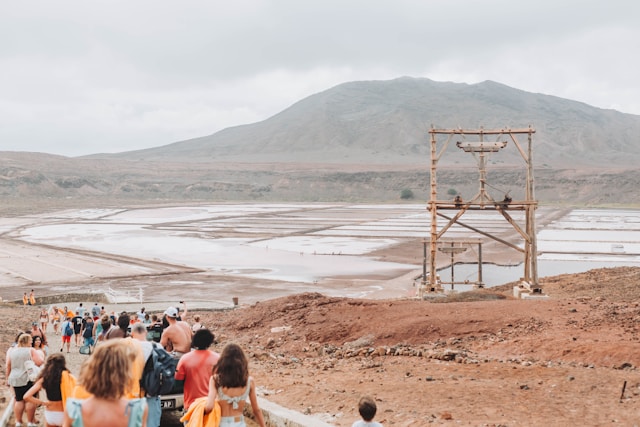 Preserving the Heritage
Preserving the Heritage
While the Sal island has embraced tourism and modernity throughout the years, efforts are being made to preserve its cultural heritage. Local artisans create handicrafts, such as woven baskets and colorful textiles, showcasing the traditional skills. Cultural centers and museums attempt to educate both locals and visitors about the island’s history and traditions.
Experiencing the traditions and rituals of Sal offers a unique perspective off the island’s core soul. By immersing themselves in the local culture, visitors can gain a deeper appreciation for the warm and welcoming attitude of the Sal people.

